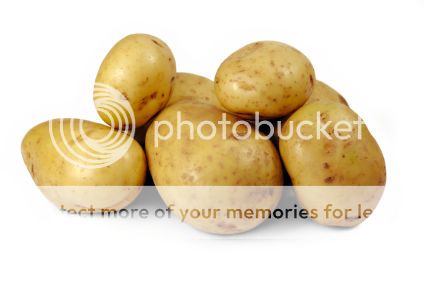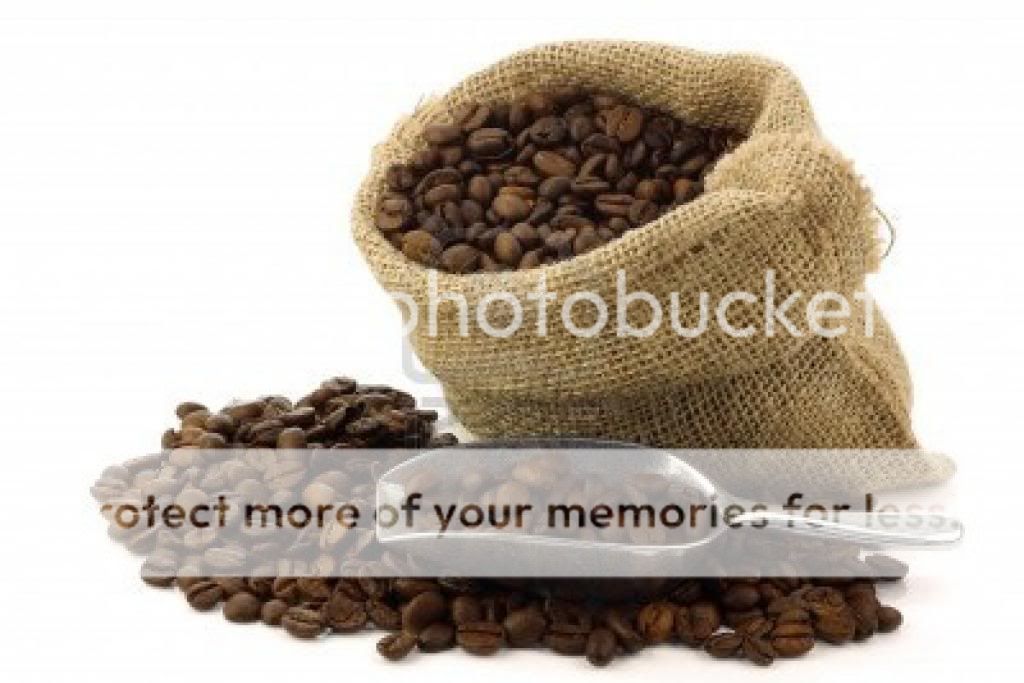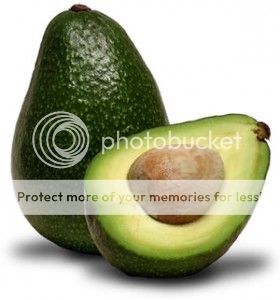Ten Foods You Don’t Need To Refrigerate
Groceries can get expensive, so when many people bring their food home, their first concern is keeping the food fresh as long as possible to save on cost and waste. This sometimes means stocking the fridge with products that don’t necessarily need to be refrigerated!
In fact, certain items shouldn’t be refrigerated, and keeping them in cooler temperatures can lead to their spoiling earlier than usual. To help save you money and space, check out this list of ten popular foods that do not need to be stored in the fridge:
Potatoes 
Potatoes should never be refrigerated. Cold temperatures can alter the taste and crispness of this food, and moisture can lead to decay. Store these instead in a brown paper bag in a dry place at room temperature.
Garlic
Garlic is a tasty, healthy addition to many recipes and tonics. Garlic can keep for up to two months without refrigeration. Store it dry and without wrapping so it can get some airflow.
Hot Sauce
Hot sauce, unless otherwise labeled, does not need refrigeration to keep. It can be stored for years in your pantry. Make sure to refer to the packaging label on this one though, as not all hot sauces use the same ingredients.
 Bread
Bread
Bread should never be refrigerated. The cold air can make your bread dry out fast, and any lingering moisture can lead to molding fast. Instead, keep what you’ll consume within five days in a breadbox and freeze the rest for future use.
Tomatoes
Refrigerated, tomatoes can become pale and take on a “powdery” texture. These crimson fruits are best stores at room-temp in a bowl on the kitchen counter.
Onions
Keep onions in their original mesh bag (but not plastic, as they need circulation). Store in dry place away from moisture. However, do not store near potatoes whose gases can cause the onions to rot.
Coffee 
Who really wants their coffee to be messed with? Condensation found in the refrigerator can alter the flavor and strength of coffee beans and ground coffee. Coffee is best stored in an airtight, dry container in a dark cabinet.
Spices
Spices should always be stored in a dry, dark place. There is no need to refrigerate spices. Instead, keep them away from the light (which can drain spices of their favor) and away from moisture which can cause them to clump up or becoming sticky.
 Avocados
Avocados
Healthy avocados are becoming a popular addition to many grocery lists. But they’re still mostly an import food, so many people don’t know how to properly store them. Avocados are best eaten ripe, and ripening can take some time after they’ve been picked from the tree. Storing a rock-hard avocado in the fridge will take forever to ripen, so instead store in a basket on your kitchen counter and they should be ripe to eat within a few days.
Melon
Unless already cut, whole melons such as watermelon, cantaloupe, and honeydew can be stored on the counter. Room temperature will keep the flavor of the melons, and may even help in keeping the antioxidants intact. Only store melon after it has been cut into.
Do usually store these items in the fridge?






